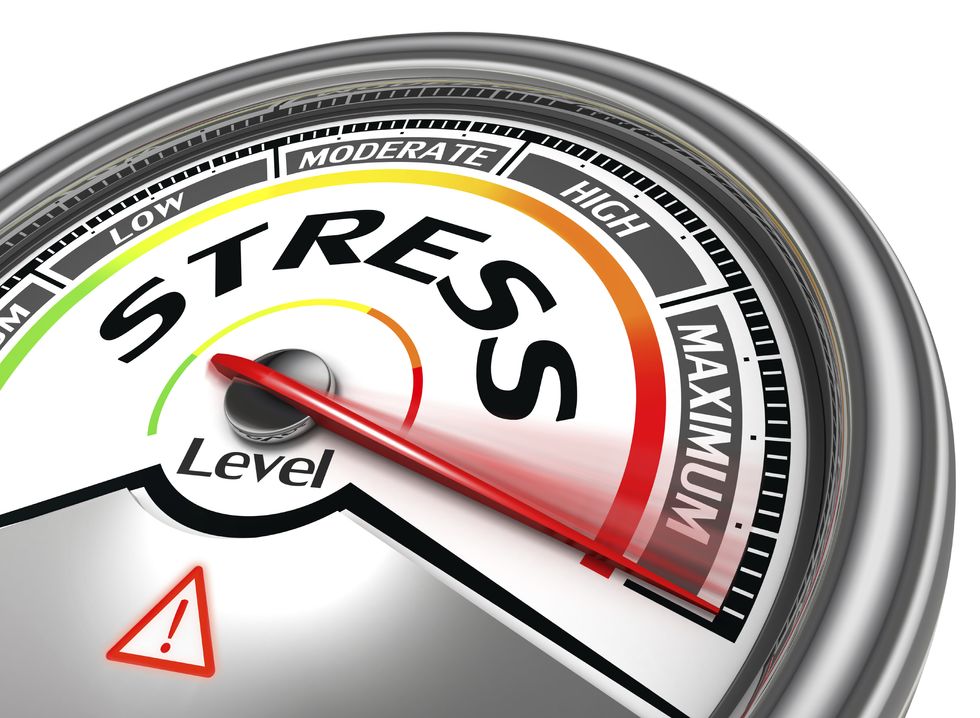We primarily think of stress as a psychological phenomenon. It is an unpleasant feeling in our minds and stomach. However, stress affects more than our mental state. It has real, measurable physiological effects. With acute high stress, our muscles tense, and our body starts sweating. It makes breathing harder, and extreme stress can even trigger asthma attacks. For more chronic stress, blood pressure levels rise, and the immune system slows down.
Psychologically speaking, there are two types of stress: eustress and distress. Eustress is “good” stress in the sense of how one perceives it. It triggers feelings of hope and resolution. Distress is “bad” stress in that it triggers feelings of despair and sadness. The same stressor can cause either eustress or distress depending on how it is perceived. Stress associated with excess weight gain could be perceived as eustress if the stressed person sees weight loss as a positive challenge. To another person, if excess weight gain was accompanied by another stressful event, such as death of a loved one, it may be perceived as distress and trigger feelings of hopelessness.
Despite the different mental perceptions caused by the two types of stress, they seem to exert similar physiological effects through the same biological mechanisms. Stress induces a hormonal response, which is its primary way of affecting the body. The exact mechanism of how the environment triggers the release of hormones from the body is not well known. The hypothalamus is capable of recognizing an environmental stressor, and it secretes corticotropin-releasing hormone (CRH) and arginine-vassopressin (AVP).
AVP triggers the kidneys to retain water and blood vessels to constrict. This results in the increase of blood pressure. CRH triggers a cascade of biological reactions that ultimately result in the production of cortisol, which is the main player in the stress response.
Cortisol’s main targets are metabolic pathways—biological reactions that produce usable energy. It has the opposite effect of insulin by increasing the blood glucose levels in the body. It even triggers the production of glucose by increasing the production of enzymes that convert various biological molecules to glucose. This ensures that the vital parts of the body such as the brain have enough glucose to function.
Cortisol also affects ion regulation, immune response, and memory. T cells are involved in the recognition and destruction of dangerous foreign agents to the body such as viruses. Excessive cortisol can block proper T cell function by disrupting them from binding to interleukins, biological signal molecules that trigger T cells to increase in number. Chronic stress and elevated cortisol levels can cause their sufferers to be more susceptible to disease. High cortisol levels can also lead to atrophy of the hippocampus (part of the brain necessary for long term memory) by binding to cortisol receptors.
Stress is ultimately a mental function intended to help us survive. In fight or flight situations, it helps provide the vital parts of the body with adequate energy and motivates us to take action. However, too much of it has unintended negative biological consequences. The best way to deal with stress is to tackle the stressor. Sometimes, that is not always possible, especially if the stressor is out of one’s control or someone experiences many stressors. Extreme cases of stress require medical advice, but if a stressor is under your control, take care of it, and your body will thank you for it.









































